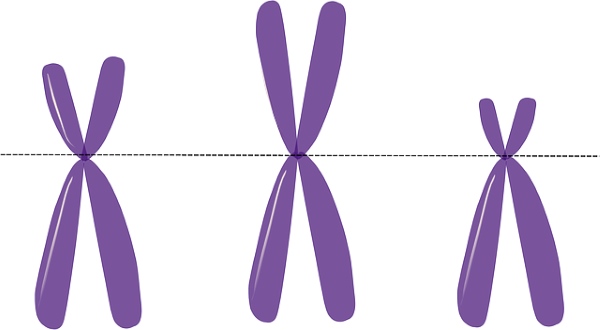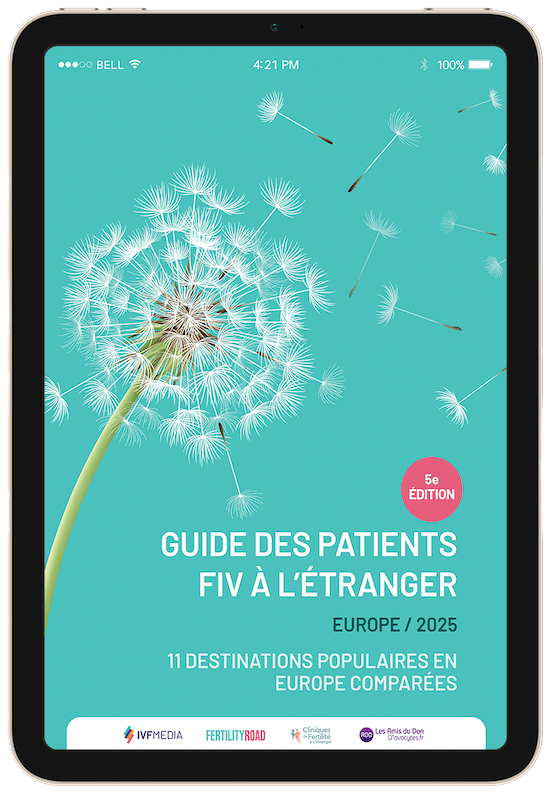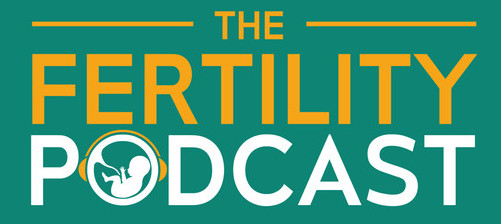Genetic Screening of Egg and Sperm Donors Abroad
 I’ve just read a really informative article by the European Society of Human Reproduction and Embryology (ESHRE) about screening of egg and sperm donors. In essence, the article discusses the ethics behind increased screening of potential egg and sperm donors in order to lower the risk of a poor outcome.
I’ve just read a really informative article by the European Society of Human Reproduction and Embryology (ESHRE) about screening of egg and sperm donors. In essence, the article discusses the ethics behind increased screening of potential egg and sperm donors in order to lower the risk of a poor outcome.
Most people who travel abroad for egg and sperm donation will have considered the risks of having treatment. They will have assumed that the fertility clinic they are attending will employ rigorous standards for testing their donors. Certainly, IVF clinics will assess donors:
- Physically (BMI, general health, are they fit enough to donate?)
- Psychologically (analyse their motives and discuss the consequences of donation. In many clinics a psychologist is employed for this aspect)
- For sexually transmitted diseases e.g. Anti-HCV, Anti-HIV, VDRL, HbsAg
- By undertaking a full genetic family history assessment by a qualified professional
- By genetically screening for some common genetic disorders (e.g. Cystic Fibrosis)
- In some cases by karyotyping (analysing the chromosomes for abnormalities. Some people carry a balanced translocation in their chromosomes but are perfectly healthy, but their sperm or egg cells may be unbalanced and this could lead to inherited abnormalities). Karyotyping is not usually routinely undertaken at all IVF clinics abroad and may incur an extra cost.
With the advent of newer screening technologies which are more affordable, the ESHRE article discusses the outcome of promoting these newer technologies in egg and sperm donation programs.
Effect of extra screening
The case for doing extra genetic screening tests as they become available is that, in theory, the risk of a poor outcome can be reduced. However, as more and more tests are developed and used in clinics, the effect could be a reduction in the number of donors prepared to undergo such screening. Faced with potentially life changing information for themselves or their family, they may decide that they would rather not know.
In countries where donors are still anonymous like Spain, Greece, the Czech Republic and Cyprus, clinics have a large pool of donors to assess and many potential donors are rejected. This together with the fact that donors are usually aged between 20-30 years may mitigate the risk. Furthermore, some donors that are used are “proven” in that their donation has led to the birth of a healthy child.
Egg and sperm donation can never be risk free and most people appreciate that. If you have had treatment abroad or are thinking of doing so, what is your opinion on the screening of donors? Should more be done?
Read more about egg donation abroad in Europe.



